Course review: Nutrition and Cancer by Wageningen University & Research
Exploring how diet, nutrition, and lifestyle can influence the prevention, occurrence, and progression of cancer.
This is a review of the online course Nutrition and Cancer, offered by Wageningen University & Research, provided by edX.
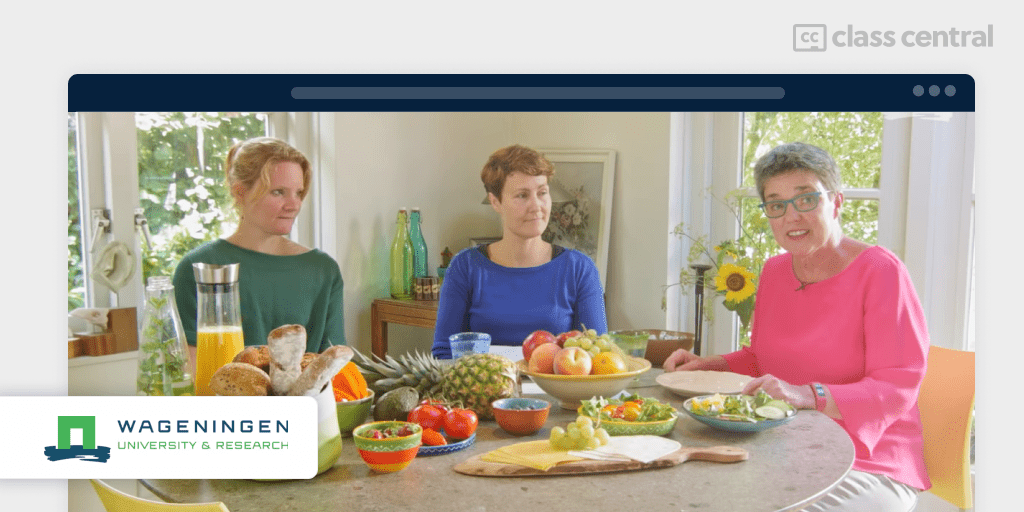
Why study Nutrition and Cancer?
Cancer is ubiquitous: the number of incident cases keeps on rising worldwide, and it has already become the number one cause of death in several countries. Cancer indiscriminately affects both sexes, and it is not only a major health issue, it also has serious social and economic ramifications for the country. A colossal amount of money is spent annually on cancer treatments, and the burden only gets heavier for the cancer patients, their families, and the state.
Research has shown that it is realistically possible to prevent cancer or at least reduce the likelihood of getting cancer by changing the way we eat and adopting a healthier lifestyle; hence, nutrition is gaining traction in the field of cancer research as several dietary guidelines are being tested and implemented to reduce the cancer impact on a global scale.
What to know before enrolling?
The course is offered online by Wageningen University & Research through the edX learning platform. The lecturers involved in this course come from different areas of expertise, ranging from nutritional science, cancer epidemiology to medical biology. This is an important aspect because each instructor can provide different perspectives from their respective fields, which are then integrated to build a more holistic picture of the impact of nutrition on cancer.
The course has an intermediate level of difficulty, and it is highly recommended to have some degree of knowledge in basic biology. Biology studied at the high school should be sufficient in my opinion.
Who should enroll?
Anyone interested in the topic of nutrition and cancer is welcome to join. However, the course has been designed especially for professionals in training from some fields such as nutritionists, epidemiologists, health policymakers, physicians, and food scientists to name a few.
Why did I take this course?
I had recently finished medical school and as I was about to start working with patients in the hospital, it occurred to me that I could not answer confidently the most common questions that people always ask medical doctors, ‘What should I eat to stay healthy?’ or ‘What foods can I eat to prevent cancer?’ Although the default answer to these questions would always be something along the lines of ‘eating lots of fruits and vegetables, I knew that there was more to this question than what it seemed. In addition, I believe that medical training does not focus a lot of attention on nutrition, and doctors are not fully equipped to give the best nutritional advice to patients. Indeed, I can attest that I have only learned about nutrition in my second year of medical school where the emphasis was placed solely on various kinds of nutritional deficiencies. Thereafter, in my subsequent years of training, I did not encounter any other form of nutritional knowledge.
Thus, the reason for taking this course was mainly to enhance my knowledge in the field of nutrition and gain a much better understanding of how our lifestyle and eating habits can either promote or prevent cancer development.

How is the course organized and what to expect?
The course is divided into 5 modules, representing 5 weeks of study. The lectures are provided using pre-recorded videos, which are accompanied by text on the side that describes what the lecturer is saying in the video. Each module deals with a particular theme related to the study of nutrition and cancer.
Module 1
Module 1 is called Genes, Lifestyle, or just Bad luck? As the name suggests, it starts by providing a brief introduction to the relation between nutrition and cancer and discusses the evidence available linking an unhealthy lifestyle to cancer development. It reaffirms the fact that cancer is a multifactorial disease, where the influence of genes is less significant compared to the effect of nutrition, lifestyle, and environmental factors. It states that the occurrence of the most common cancers (breast, colorectal, and prostate) can be reduced by 30 to 40% through healthy diet and lifestyle measures alone. As the module progresses, the learner will be introduced to the different study designs that are used to study the nutrition-cancer relationship and how this information can be applied in practice.
Module 2
Module 2 discusses nutrition and cancer occurrence by outlining the dietary and lifestyle risk factors associated with cancer development. It gives a comprehensive overview of the different cancer prevention recommendations laid out jointly by the World Cancer Research Fund (WCRF) and the American Institute for Cancer Research (AICR). These recommendations are based on the effect of diet, lifestyle, and physical activity on cancer risk. These guidelines have been scientifically backed by different research studies described in Module 1. This module also dives into the underlying biological mechanisms at play behind each cancer prevention recommendation.
Module 3
Module 3 deals with diet-gene interactions: how the diet can influence our genes to promote cancer or vice-versa, and how having a susceptible (mutated) gene increases the risk of getting cancer when the diet is also prone to induce carcinogenic changes. In addition, a discussion about epigenetics is presented and how nutrition can impact epigenetic mechanisms in the body to trigger the onset of cancer.
Module 4
The focus of module 4 is on nutrition and cancer treatment and survival. It mentions the different cancer treatments that are currently used and briefly outlines the possible challenges associated with those treatments from a nutritional perspective. It also describes how the dietary and lifestyle recommendations discussed previously, can be applied to cancer patients to increase survival.
Module 5
The final module which is only available to verified users (those who paid for the course) is about how the research on nutrition and cancer can effectively be communicated to the general public. It identifies the various hurdles that can be found at different stages of the communication process, and how each issue can be adequately addressed. It also lays out a guideline on how to write a press release to accurately communicate the results of a research study on nutrition and cancer to the general public, while simultaneously avoiding over-dramatization of information and biased reporting.
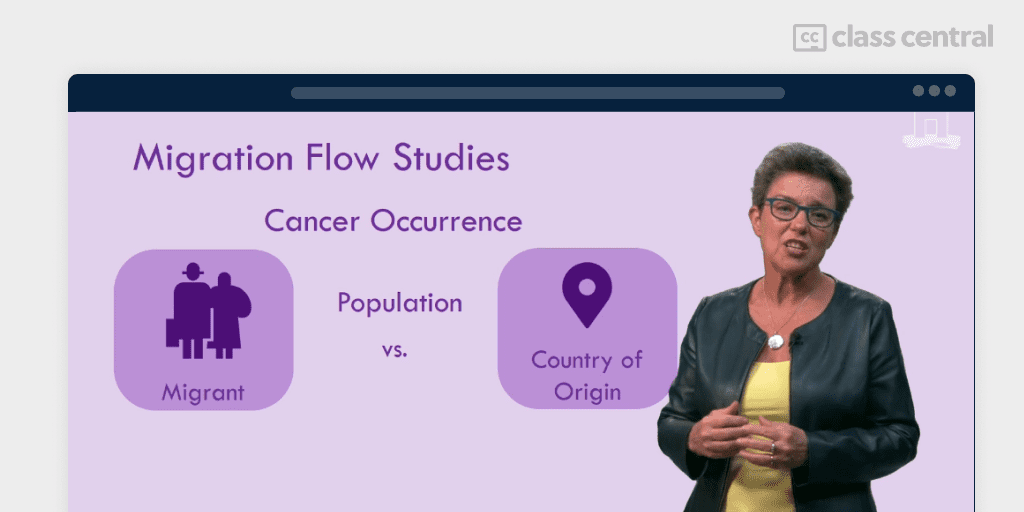
What are the assignments like?
The course has many different assignments. The ungraded assignments are useful to test your knowledge on a particular module and feedback is instantly provided at the bottom of each question when an incorrect answer is selected. The graded assignments can take the form of exams which comprise multiple-choice questions, and some drop-down options where the correct answer needs to be selected from a list. Another type of graded assignment is where the assignment gets marked by your classmates or is peer-reviewed.
The exam at the end of Module 2 accounts for 30% while the exam and peer assignment in Module 5 accounts for 50% and 20% respectively. A total of 60% or more is required to pass the course and get a certificate.
Please note that all the graded assignments are exclusively available to learners who paid for the course.
What is the time commitment for this course?
Normally, the course can be completed in 5 weeks if you devote 6 to 8 hours of study time per week. The course has 5 modules so each module takes approximately a week to complete. I finished the course in 5 weeks and a half as I also had to juggle between work, home duties, and online study. Otherwise, it is entirely possible to finish the course in the recommended amount of time.
Also, learners can complete the course at their own pace. However, the online learning platform (edX) on which the course is available, sets a deadline to complete all the graded and ungraded assignments. The course will be archived after the set deadline has passed.
My experiences and personal reflections after taking the course
I had a really good time learning through this course. I have managed to acquire new knowledge on nutrition and its impact on cancer development. I learned about how we as individuals can take responsibility for our health by eating a balanced diet, breaking the habit of sitting continuously at our desks, engaging in substantial physical activity, and sticking to evidence-based dietary recommendations to lead a healthier life with a statistically decreased chance of developing cancer.
In my opinion, the most influential content of the course is found in Module 2, where it describes the dietary and lifestyle cancer prevention recommendations that have been thoroughly researched. These are regarded as the latest evidence linking the role of nutrition and lifestyle behaviors in the etiology of cancer. One dietary guideline from this course that stands out to me, is the fact that alcohol is associated with a high risk of cancer occurrence. The current recommendation is to limit drinking alcohol if you want to prevent cancer. Irrespective of the amount of alcohol consumed, the cancer risk remains high. Hence it is better not to consume alcohol at all, but it can be hard to follow this advice due to the powerful dominance of some brewing companies, economic reasons, and the westernized lifestyle of most countries.
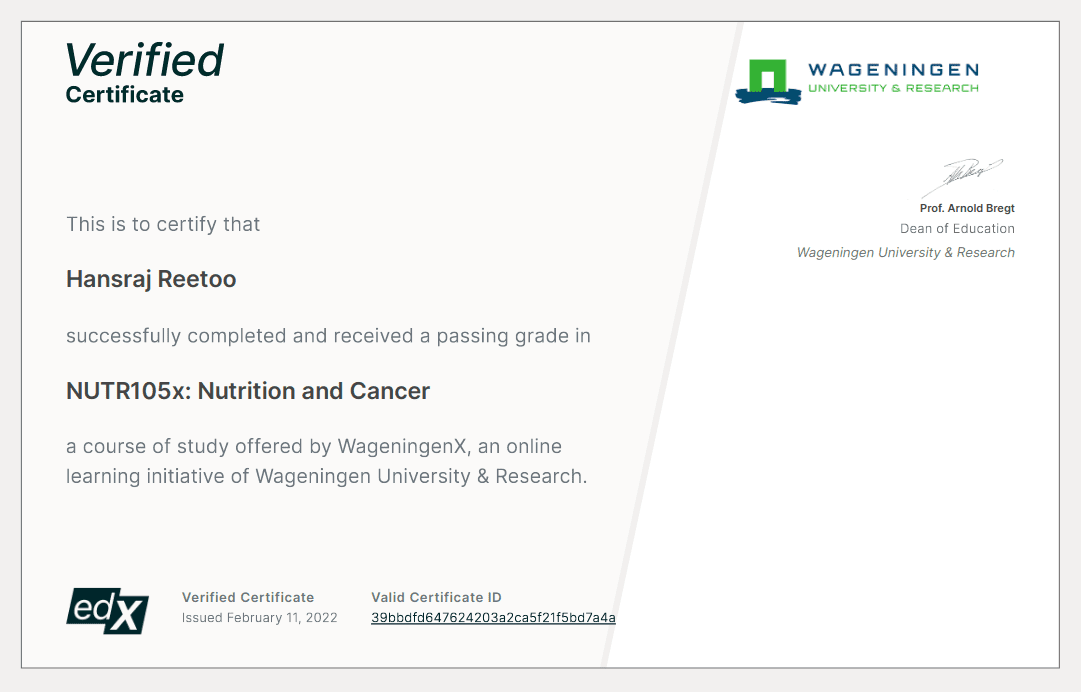
My advice and recommendations
If you want to learn and enjoy the course at the same time, here are some practical tips:
- Engage with your fellow peers and moderators by participating in the discussion forums: you can initiate a debate, discuss ideas, understand different points-of-view by reading other people’s comments and even ask questions about difficult concepts, assignments or report any other difficulties.
- Write some notes on paper or type the relevant information on a digital device if you want to fully grasp a concept or the main idea from a module. This method not only facilitates comprehension of the subject, but also enhances information retention.
- Practice and review the ungraded assignments as long as you like. This will help you to learn from your previous mistakes and also prepare you for the final graded exams that can only be taken once.
- Prepare a timetable of activities. After watching the lectures and doing the assignments, devote some self-study time. Make sure to balance your time between social activities, family commitments, professional responsibilities (if you are also working), and doing some physical exercises. Your online studies should not interfere with other aspects of your life.
- Make sure to reward yourself when you achieve a certain milestone. For example, if you have managed to complete module 1 in less than a week, have some ice cream or do something that gives you the joy to celebrate this achievement. This behavior can help you complete the course more easily.
- Last but not least, apply what you have learned from the online course in real life. For example, one cancer prevention recommendation is to do moderate-intensity physical exercise such as brisk walking for 20 minutes on most days of the week. In that way, you will ‘feel’ that your journey of online learning was well worth the time and effort as it has brought a meaningful change to your life. As if you can ‘taste’ the success of your efforts and commitment to the online course.
Future directions
The course on Nutrition and Cancer is part of a Professional Certificate program Nutrition and Disease, which also includes the course on Nutrition, Heart disease, and Diabetes. For those who want to further their knowledge in the field of nutrition and its relationship to disease, I will highly encourage you to take this second course. It is a really good fit as it describes similar concepts. Doing both courses will surely give you a more complete picture of the effect of nutrition on disease occurrence.
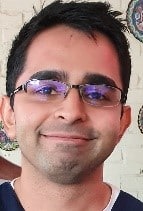
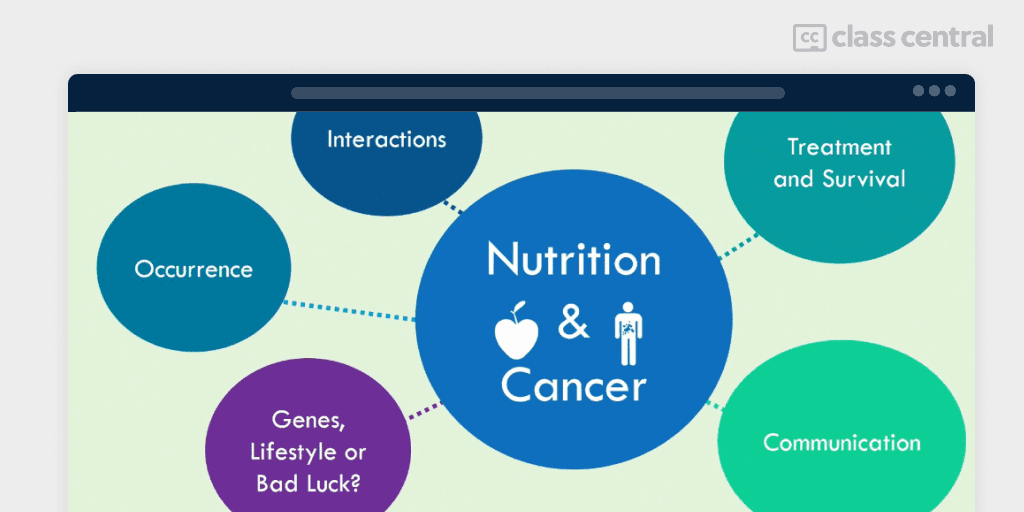






Sonal
An insightful review of a valuable class! Thanks, Hans for sharing.
Every physician should talk to their patients about the importance of proper nutrition. Such MOOCs are essential and should be made available, accessible, and open to all. After all, the purpose of true education is to improve lives and save lives on this planet! Education about nutrition is absolutely essential for everyone in this mission. Nutrition and lifestyle do play a great role in preventing disease and certainly the most prevalent genetically oriented disease like Cancer, where epigenetic behavior of our genes relates to so many environmental factors including diet and lifestyle.